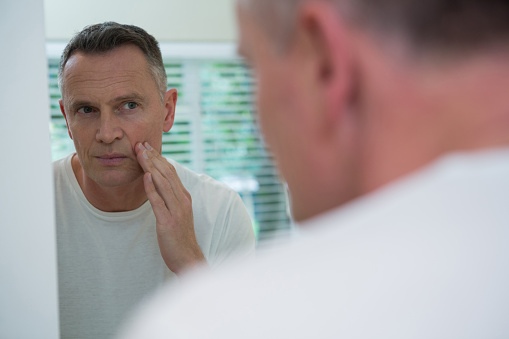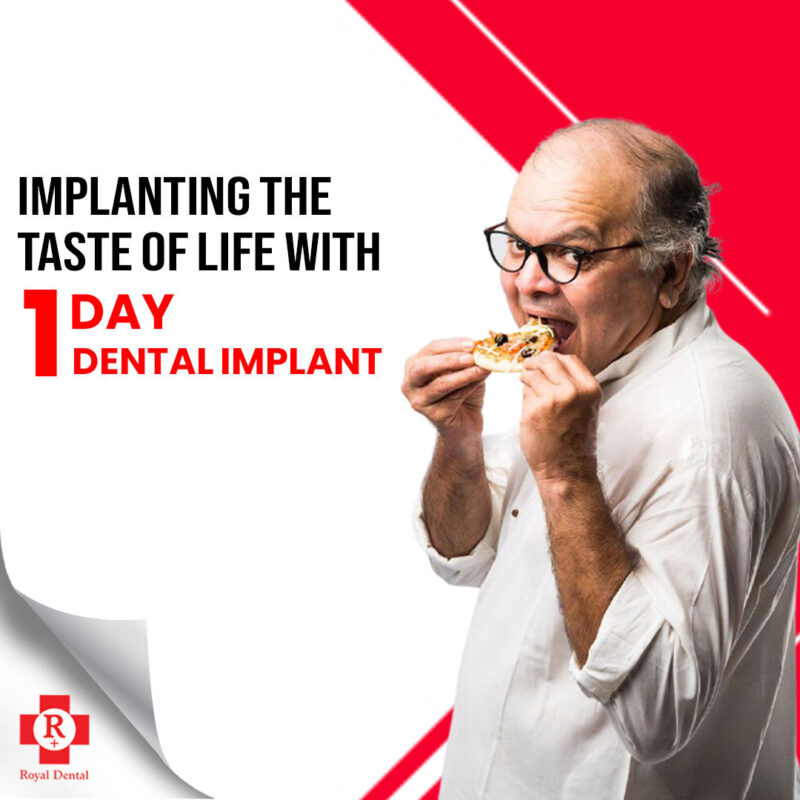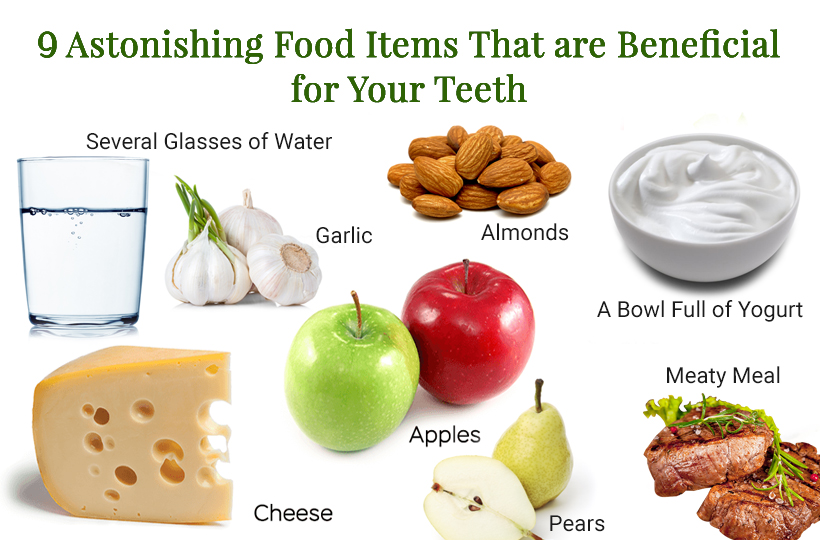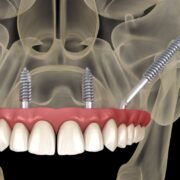The taste and feel of food after oral cancer surgery is unique. Understanding what to expect, learning about the different types of surgery and knowing what you are likely to experience. As a result can help ensure you’re prepared for that first bite. Cancer treatments can cause changes in how food tastes. These changes can be a decrease in taste (called hypogeusia), altered taste (called dysgeusia) or loss of taste (called ageusia). Taste changes can contribute to loss of appetite, weight loss and malnutrition.
You may be able to eat some foods from day one. However, if your surgery involves removing a large portion of the inside of your mouth or tongue, eating may be difficult for some time. If you’ve had radiation treatment, it can take even longer for your sense of taste to return. Understanding what to expect will help make those first few days post-surgery much more manageable.
What happens to Taste after Oral Cancer Surgery?
Oral cancer surgery can do a number of things to the taste and texture of food in mouth. It may make food taste metallic, like metal or blood, or it may make food not taste like anything at all. In some cases, the tongue removed completely and there’s no sensation for more than two months.

It is a partial myth that the taste sensations are only located on the tongue. Research shows that tongue contains majority of the taste buds. However, around 10 percent taste buds are also located along the mouth. In cases of injury or damage to the tongue, these other taste buds become active. This may may provide a more realistic taste.
There are many types of oral cancer surgery and many ways that your sense of taste is affected. Your surgeon will go over what to expect with you in detail before your surgery. This is so you know what to expect after your surgery as well as possible complications which could arise from the surgery. If you have questions about what’s going on with your mouth or where you can get help with recovery, don’t be afraid to ask your doctor or nurse.
Taste changes after Oral Cancer
Food may taste different than before, especially bitter, sweet, and/or salty foods.
Some foods may taste bland and some may feel the same.
You may have a metallic or chemical taste in your mouth, especially after eating meat or other protein foods.
How long does it take to feel normal?
Different people experience different levels of difficulties after surgery. In some cases, your mouth may be numb or you may not be able to taste food. Other times, you may experience difficulty swallowing. It can take anywhere from a few weeks to a few months for the taste and feel of food to return completely to normal.
The most important thing is to start slowly and not expect too much too soon. It’s also important that you continue making healthy food choices during this time period. Make sure that you are getting enough protein and other nutritional foods in order to maintain your weight and health while recovering.
Causes of food taste changes after oral cancer?
Medications
Radiation
Surgery of nose, throat or mouth
Dry mouth

Damage to the nerves involved in tasting
Mouth sores
Gum Issues
Allergies
Gastric reflux
Difference between various Oral Cancers?
The oral cancer surgery could be limited to the soft tissue such as skin of the mouth or tongue or the gums. Or, it could be a more extensive one including removal of the jaw bone along with the muscles. The major criterion for the type of surgery depends on how big and extensive the tumor has invaded.
But as a general rule of thumb, the larger the tumor, more extensive is the surgery and more difficulty is the post treatment phase.

Tips for right Food after Oral Cancer
It can be difficult to eat after surgery, especially if you have surgery on your tongue and mouth. Eating is a vital part of recovery, so it’s important to keep up with your calorie intake. Here are some tips for eating after surgery:
If you’ve had surgery on the inside of your mouth or tongue, try using a soft food like mashed potatoes, cereal or soup that may be easier to manage.
Use thicker liquids rather than thinner ones like broth, tea or juice because they will be more forgiving when dribbled on your chin.
After surgery, drink plenty of water to stay hydrated and combat dryness in the mouth and throat.
Try thickening liquids by adding less water or adding a heavy cream sauce or gravy.
You may find it helpful to have someone cut up your food into bite size pieces before you start eating as it can make chewing more manageable and reduce the risk of choking.
Conclusion
Some people have to go through oral cancer surgery. This sounds scary, but it doesn’t have to be. If you’ve been diagnosed with oral cancer, you may wonder what it will be like to eat again after the surgery.
The good news is that most people who undergo oral cancer surgery will be able to eat and drink just about anything after about three weeks. You may not feel 100% normal at first, but you will get your appetite back and be able to eat normally in no time.
Follow Us For More Updates






very nice royal dental clinic